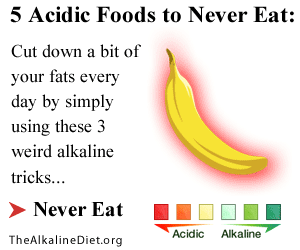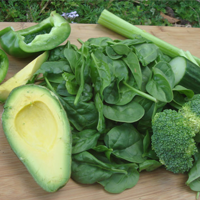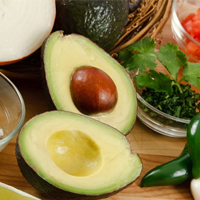Is There A Diet For Proper Body Balance pH
The primary contributors to mineral depletion within our bodies stem from the consumption of acid-forming foods and beverages, as well as stress-induced factors. Notably, a significant portion of our daily fluid intake tends to be acidic, encompassing beverages such as coffee, tea, milk, soft drinks, fruit juices, and even water (with carbonated beverages having a pH of approximately 2, orange juice at a pH of 3, and average tap water measuring around 4.5; bottled water typically registers a pH of only 6). Moreover, stress and the use of antibiotics, which may disrupt beneficial bacterial populations, exacerbate acidity concerns by fostering the proliferation of acid-forming bacteria. Other factors contributing to electrolyte depletion include strenuous physical activity, illness, infection, and fasting.
It is crucial to recognize that a universal dietary regimen does not exist, given the inherent individuality of human physiology. Consequently, what proves effective for one person may not necessarily yield the same results for another. Achieving a balanced diet tailored to one’s unique needs necessitates understanding personal dietary requirements, proper food preparation techniques, portion control, selection of high-quality food items, avoidance of unnatural food combinations, and appreciation for a diverse array of nutrient-rich foods, notably those abundant in chlorophyll and essential fatty acids. Equally important is the avoidance of synthetic food additives such as aspartame, MSG, and artificial colorings.
Maintaining optimal pH balance throughout the body is paramount, as each bodily system operates within specific pH ranges. For instance, saliva typically registers between 6.0 and 7.0, whereas stomach acidity ranges from 1.0 to 3.5, and pancreatic secretions exhibit a pH range of 8.0 to 8.3. The alkalinity of the intestines typically falls within the range of 7.5 to 8.0, while blood pH hovers between 7.35 and 7.45.
Simple practices can be employed to modulate acid-alkaline balance, such as pre-soaking mildly acid-forming foods like whole grains and legumes before cooking, initiating the sprouting process, which promotes alkalinity, and thoroughly chewing complex carbohydrates like grains, vegetables, and legumes to allow them to mix with saliva—an alkaline fluid that initiates the digestive process. Furthermore, refraining from drinking fluids while eating aids in the uninterrupted initiation of digestion within the oral cavity.




